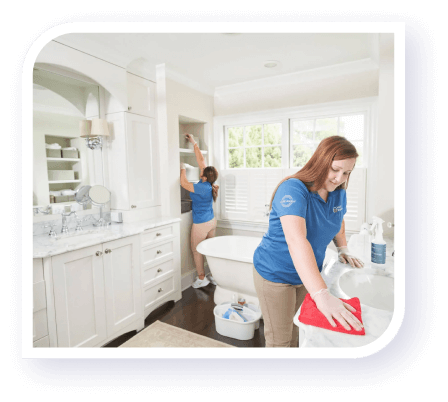We’ve Updated Our Content
We’ve recently revamped our blog to better align with the services we provide. While the content you’re looking for is no longer available, we’ve compiled a list of our most popular and useful resources below.
View Our Resources
